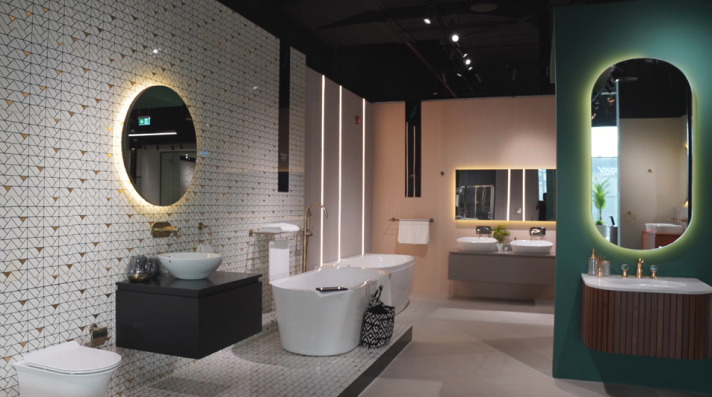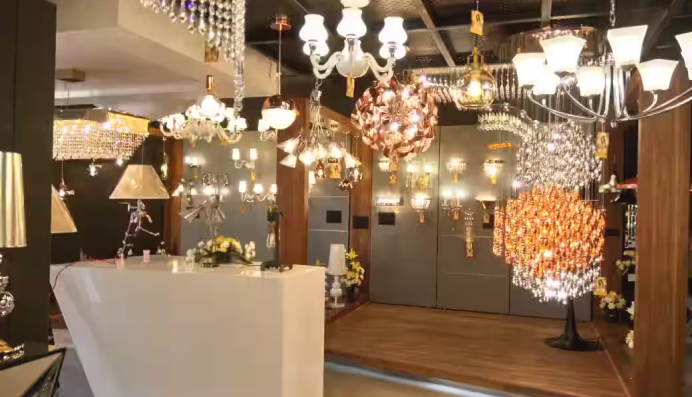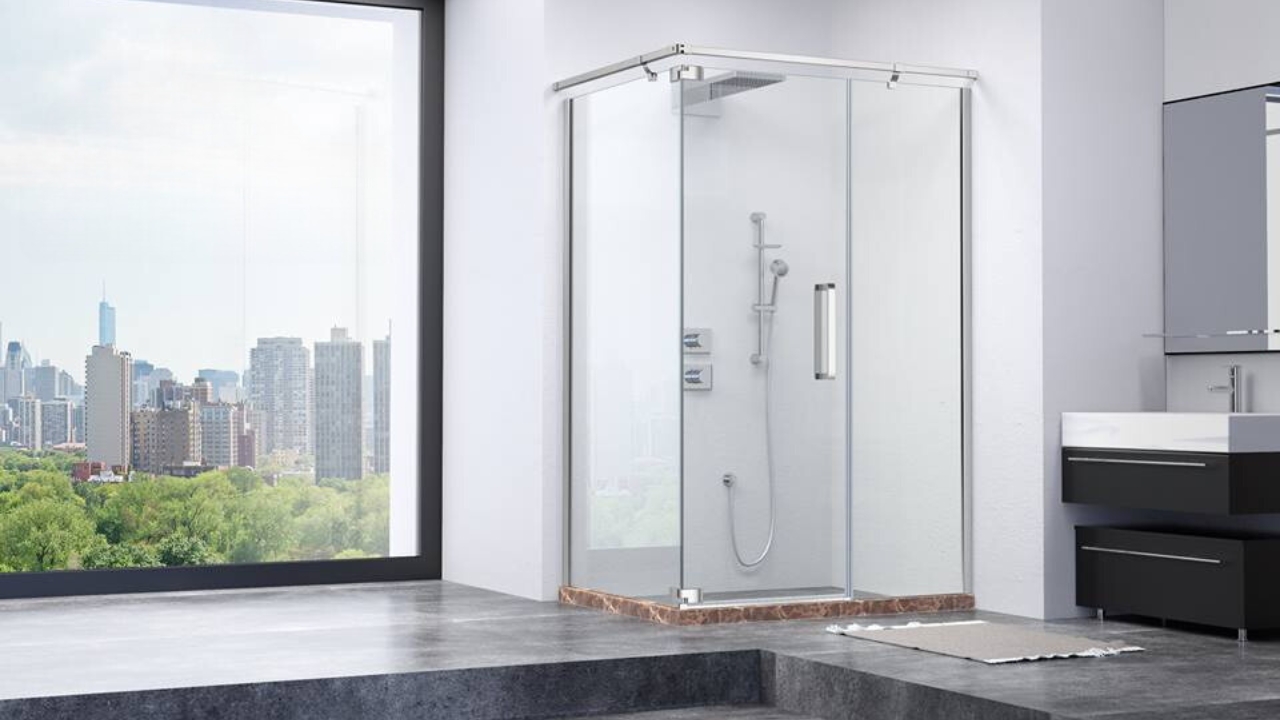Showers are one of the leading water users inside homes, accounting for nearly 20% of indoor water consumption. With rising water scarcity issues worldwide, eco-friendly showers provide an appealing way to do your part to conserve this precious resource. Recent advances in shower technology now enable an indulgent, spa-like shower experience while using a fraction of the water. Read on to learn all about the impressive benefits eco-showers offer.
What Makes Showers Eco-Friendly?
An eco-friendly or "green" shower minimizes its environmental impact through efficient water usage and energy consumption. Key attributes include:
- Low-Flow Showerheads – Restrict water usage to 2.0-2.5 gallons per minute (GPM) vs. typical models using 2.5+ GPM. Maintain great pressure.
- On-Demand Water Heaters – Only heat water needed vs. constantly heating a full tank. Save energy.
- Motion Sensors – Detects when shower empty and pause water flow, resuming when occupied.
- Eco Materials – Made from sustainable, recycled materials with non-toxic finishes.
Through smart design and technology, eco-showers provide an invigorating shower using far less water and energy than conventional models.
Types of Eco-Friendly Showers

Credits: Jaquar
Several shower types now integrate specialized green designs and features:
Low-Flow Showers
Low-flow showerheads restrict water usage by limiting flow to 2.0-2.5 GPM vs. older models using 5-7 GPM, yet maintain great pressure. Key features include:
- Flow restrictors reduce GPM while optimizing spray force
- Aerating nozzles infuse air into water droplets
- Wide spray patterns provide full coverage using less water
- Self-cleaning nozzles prevent clogging and loss of pressure
Properly designed low-flow showerheads reduce water volumes up to 60% with no perceivable loss of pressure. An easy upgrade.
Tankless/On-Demand Water Heaters
Tankless heaters only heat water flowing to the shower when activated vs. constantly heating a full tank. Benefits include:
- Eliminate standby energy waste heating unused tank water
- Unlimited hot water capacity
- Compact, wall-mounted design
- Natural gas/propane or electric models
- Reduce energy costs
Tankless heaters provide endless hot water on-demand without any waste. Best for larger families.
Key Benefits of Eco-Showers

Credits: Jaquar
Upgrading to any eco-friendly shower option provides compelling benefits:
- Water Conservation – Low-flow and recirculating showers reduce usage 50-90%. Significant savings.
- Energy Savings – Less water heating required. Tankless heat on-demand only.
- Lower Utility Bills – Reduced water and energy usage cuts monthly costs.
- Eco-Friendly – Lessen your environmental footprint. Help combat water shortages.
- Touchfree Operation – Motion sensors allow handsfree activation for hygiene.
- Endless Hot Water – Tankless heaters provide unlimited capacity for long showers.
Eco-showers keep you comfortably clean while minimizing environmental impact. Help conserve water for future generations.
Incorporating Eco-Showers Into Your Bathroom Remodel
Upgrading to eco-showers is easy whether renovating or simply replacing old shower hardware. Here are tips:
- Low-Flow Showerheads – Unscrew old shower head and install new low-flow model using Teflon tape on pipe threads. Adjustable shower arms allow directing spray.
- Recirculating Showers – Require installing a pump system nearby and connecting plumbing lines. Needs drainage for initial fill and periodic draining. Professional installation recommended.
- Tankless Water Heaters – Install a suitable exterior wall and connect to existing plumbing lines. Condensing models recapture heat from exhaust. Professional installation required.
- Digital Showers – Require installing computerized control panels and touch sensors. Complex so best to hire a professional.
When remodeling a shower, also consider eco-friendly building materials like recycled tiles and fixtures made from sustainable bamboo. Every component makes a difference!
Maximize Water Savings

Credits: Jaquar
For maximum eco-benefits, combine low-flow hardware with water recycling. Here is how recirculating systems work:
- Initial cold water fills the system and is heated to desired showering temperature.
- Water is pumped through an array of purifying ultra-fine filters, removing impurities while retaining heat.
- Purified water circulates back into the shower stream while dirty filter water flows to drain.
- Thermostatic valve maintains steady temperature, triggering heater if needed.
- At the end of the shower, purified water drains.
Recirculating showers reuse purified water and recycle heat in a closed loop so water is constantly recycled until drained, resulting in major savings over single-pass showers.
Specialized Residential Eco-Shower Systems
Several companies now offer specialized residential eco-shower systems incorporating advanced water and energy conservation features:
Waterpebble Recirculating Showers
- Sophisticated filtration down to 0.2 microns eliminates chemicals and bacteria.
- Modular panels for easy DIY install. Plug-and-play connections.
- Automatic cleaning and draining cycles.
- Wireless app controls temperature, duration, steam, lighting, music.
Orbital Systems Digital Showers
- Filters down to 0.1 microns. Eliminates >99.9% impurities.
- Real-time water quality monitoring with automated chemical dosing.
- Heating on-demand. Steam generator option.
- Touchscreen dynamically controls every variable and provides usage analytics.
Maintenance Tips for Eco-Showers

Credits: Jaquar
While designed for maximum efficiency, periodic maintenance keeps eco-showers performing optimally:
- Clean low-flow showerhead nozzles regularly using white vinegar or hydrochloric acid cleaner to prevent clogging.
- Replace low-flow showerhead filters per manufacturer instructions. Clogged filters reduce pressure.
- Descale tankless water heaters to remove mineral deposits from heating elements using vinegar or citric acid solutions. Improves efficiency.
- Have recirculating pumps serviced annually to check tubes and replace large filtration canisters. Maintains water purity.
- Set digital showers to automatically flush water lines and run cleaning cycles to prevent bacterial growth in enclosed water loops.
- Check pipe fittings, valves, seals periodically for leaks which can sabotage water conservation.
Simple periodic care keeps eco-showers running at peak efficiency for minimal water and energy usage.
Additional Household Water Conservation Tips
While installing eco-showers provides major water savings, also consider these tips to multiply conservation efforts:
- Take 5-minute “Navy” showers to use only as much water as you need.
- Install low-flow faucets and toilets to cut usage across all fixtures.
- Run full loads in dishwashers and washing machines to maximize every gallon.
- Choose native drought-resistant plants for landscaping.
- Use recycled “gray” water from sinks on lawns and gardens.
- Fix any leaky faucets or toilets which waste thousands of gallons monthly.
- Upgrade older water-wasting appliances like dishwashers for modern efficient models.
Adopting a comprehensive household water-saving strategy yields big conservation dividends over time. Every drop saved makes an impact!
Smart Shower Technology Innovations on the Horizon

Credits: Jaquar
Touchless operation, digital controls, and water recycling represent just the start of smart eco-shower technology. Some innovations in development include:
- Performance Analytics – Showers track individual usage data like flow rate, temperatures, times, settings. Identifies conservation opportunities.
- Vapor Capture Reuse – Condensate from steam is captured, purified, and recycled back into the shower water supply.
- Microfiltration Membranes – Advanced pore-free membranes filter water at molecular level for pure reclamation.
- Disinfection Automation – Built-in sensors automatically trigger UV-C LED disinfection cycles based on usage frequency.
- Hydroponic Drain Recycling – Nutrients from used shower water fed to hydroponic plants installed around showers.
Touchless operation and water recycling technologies found in today’s eco-showers lead the way for continued shower innovation and ever-greater sustainability improvements in the future.
Conclusion
With water scarcity an increasing concern worldwide, eco-showers provide a simple yet impactful way to conserve while still enjoying an invigorating shower. Whether installing a basic low-flow showerhead or a fully digital recycling shower system, upgrading to water efficient shower technology benefits both your utility bill and the planet.
Combining convenient touchless features with energy-saving on-demand heating and multi-stage filtration systems for water reuse and recycling enables indulging while minimizing your environmental footprint. As interest in sustainability grows, eco-showers offer the solution for cleaner living. Doing your small part contributes to the greater good.


